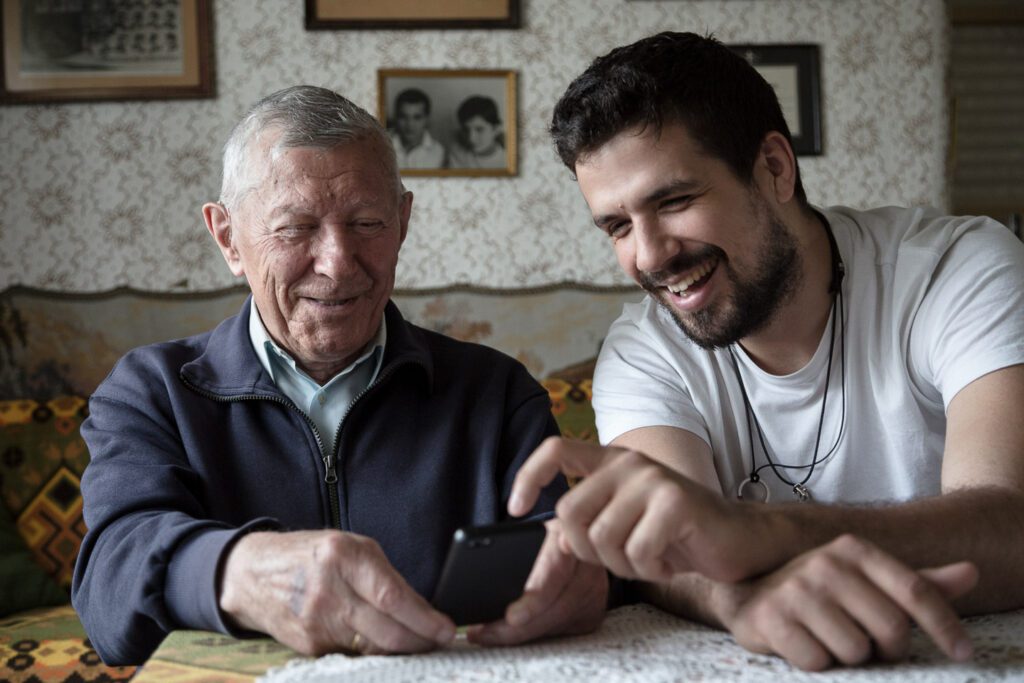Depression in Men
Depression in men is common, yet it’s largely misunderstood and undiagnosed. Part of the problem is how we view depression as a society, and the beliefs we instill in boys and men about it: “suck it up,” “real men don’t/can’t cry,” and “talking about emotions is a sign of weakness.”
This emotional suppression leads to guys not knowing that they’re depressed. It’s hard to diagnose in men because they don’t always understand why they’re upset. They can’t concretely point to what makes them feel hopeless, or why life feels like it has no meaning. They just assume they’re sad, and that they’ll eventually get over it. But depression isn’t the same as being sad. A sad person knows what they’re sad about, like a death, a job loss, or an illness. Meanwhile, a depressed person doesn’t have an outward source to point to, because depression is guilt and anger directed inward towards themselves.
While depression might feel permanent, it can improve with treatment. There are practical tools you can implement that will help you develop insight and understand what you’re distressed about. The sooner you can diagnose it, the sooner you can get better.
265M
265 million people around the world have depression
– World Health Organization
30.6%
30.6 percent of men have suffered from a period of depression in their lifetime.
– American Psychological Association
4x
The suicide rate among American men is about four times higher than among women.
– American Psychological Association
80-90%
80 to 90 percent of people who seek help for depression are treated successfully.
– TADS Study
Depression Symptoms
The symptoms of depression in men can be part of everyday life and don’t always signify that you’re depressed. But, you might be depressed if, for more than two weeks, you’ve felt sad or miserable most of the time, or have lost interest in usual activities that used to bring you joy, such as sports or sex. You will also have experienced some of the symptoms below.
Decreased energy, fatigue
Difficulty falling or staying asleep, oversleeping
Changes in appetite, unplanned weight changes
Physical aches or pains, headaches, cramps
Digestive problems that do not have a clear physical cause
Problems with sexual desire or performance
Increased anger or irritability
Feeling restless or on edge
Persistent sad, anxious, or “empty” feelings
Feelings of hopelessness
Loss of interest or pleasure in hobbies and activities
Difficulty concentrating, remembering, or making decisions
Withdrawing from social groups, feeling detached from others
Increased use of alcohol or drugs
Thoughts of death or suicide
Depression can be in different forms
Break the stigma
You are enough
